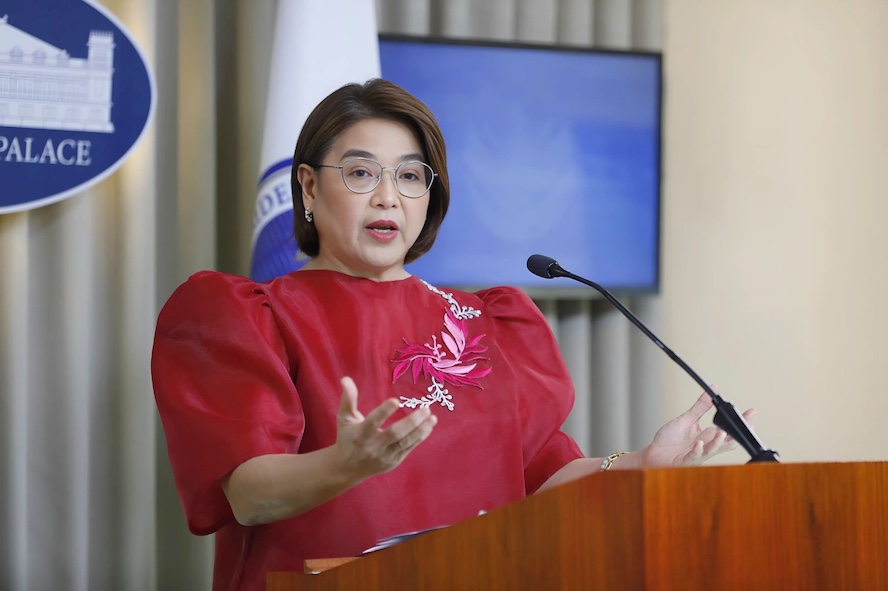
President Ferdinand R. Marcos Jr. has made significant progress in bringing down food prices, with food inflation easing considerably and rice becoming more affordable.
In a Palace press briefing on Monday, Presidential Communications Office Undersecretary and Palace Press Officer Claire Castro said the Marcos administration has made significant progress in lowering food prices, citing a report from the Department of Economy, Planning, and Development (DEPDev).
Castro attributed the achievement to the administration’s targeted economic and food security measures.
“Food inflation rate bumagal sa 0.1 percent nitong June ayon sa DEPDev. Maliban dito, bumaba din sa negative 14.3 percent ang rice deflation rate, at nananatili namang nasa negative 0.4 percent ang inflation rate sa mga tinaguriang ‘poorer households,” Castro said.
Castro said this improvement is the result of government efforts to make the food supply more stable, strengthen local agriculture, and improve transport and distribution systems to bring down costs.
“Bilang pagsunod sa nais ng Pangulo na bawasan ang pasaning pinansyal ng mga Pilipino, palalawigin pa ng ahensya ang mga intervention nito upang mapababa pa ang inflation rate sa bansa,” Castro said.
In its July 4 report, DEPDev noted that food inflation in June dropped sharply to 0.1 percent from 0.7 percent in May and 6.5 percent during the same period last year.
The Philippine Statistics Authority (PSA) reported a slight uptick in headline inflation to 1.4 percent in June, from 1.3 percent in May—bringing the year-to-date average to a low and manageable 1.8 percent, well within the government’s target range of 2.0 to 4.0 percent.
To keep food prices low, President Marcos directed the Department of Agriculture (DA) to intensify programs that will help revive local livestock, especially the swine industry. Under the Swine Industry Recovery Project, the DA will distribute pig breeders to farmers, cooperatives, and local governments.
The DA is also setting up the country’s first Onion Research and Extension Center in Bongabon, Nueva Ecija. This facility will enable farmers to improve onion quality and protect their crops from pests and diseases.
The DEPDev is working closely with the DA and the Department of Energy (DOE) to help keep fuel prices in check, recognizing that transportation and fuel costs directly impact the prices of goods.
“Patuloy ang pakikipag-ugnayan ng DEPDev sa DA at DOE para sa mabilisang pag-rehabilitate sa swine industry at pag-moderate sa presyo ng mga produktong petrolyo,” Castro said.
President Marcos has repeatedly emphasized that keeping food prices low and easing the financial burden on Filipino families is a top priority of his administration. | PND

